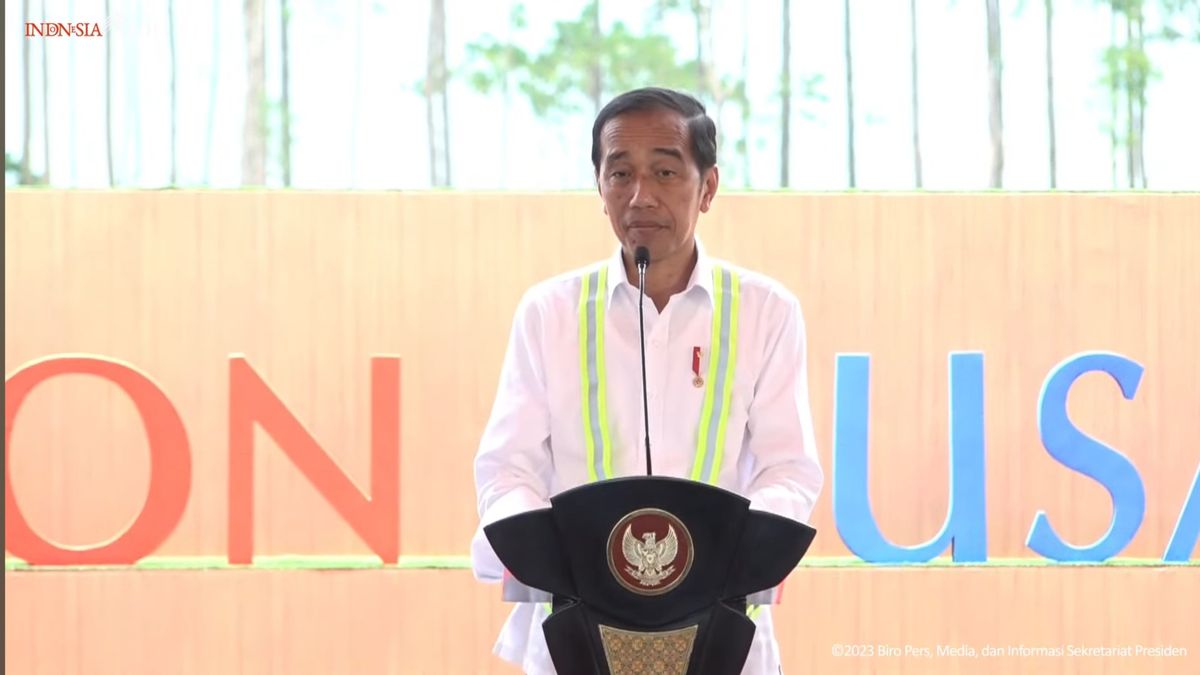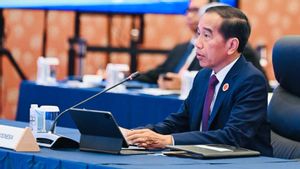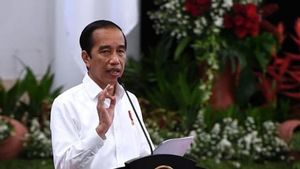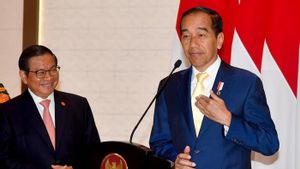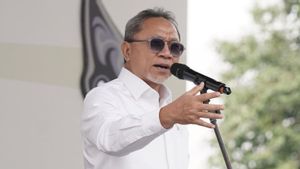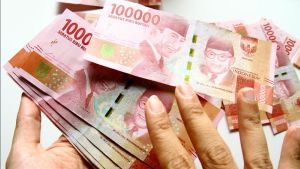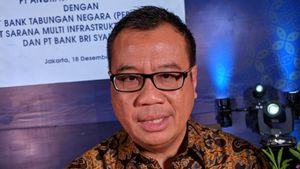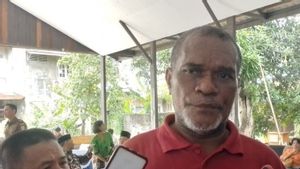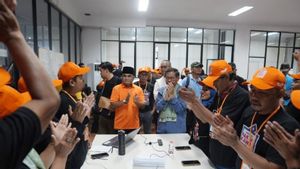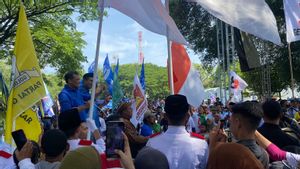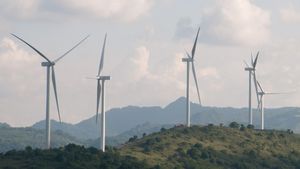JAKARTA - Indonesian President Joko Widodo (Jokowi) together with Japanese Prime Minister Fumio Kishida encouraged cooperation in strengthening digital transformation and food security at the 50th Anniversary Summit of the ASEAN-Japan Partnership.
Meanwhile, the series of Summits took place at the Okura Hotel, Tokyo, Japan for 2 (two) days from 17-18 December 2023.
"Five decades of ASEAN-Japan partnership have become the driving force of the regional economy," Jokowi said in his official statement, Monday, December 18.
As ASEAN's fourth-largest trading partner, Japan certainly plays an important role in the dynamics of trade in the region.
In addition, in 2022, the total ASEAN-Japan trade value reached 268 billion US dollars, representing about 7 percent of the total ASEAN trading figures in the previous year.
Furthermore, Japan is also the second largest foreign investor in ASEAN in 2022 with an investment of 26.7 billion US dollars.
Jokowi conveyed that the five-decade ASEAN and Japan partnerships are an important momentum in preparing for future cooperation so that the region can become more stable and resilient amid the dynamics of a very dynamic geopolitical and geoeconomic.
On the other hand, Jokowi revealed that the ASEAN-Japan partnership will be directed at two priorities, namely the first priority in strengthening food and energy security.
According to Jokowi, food security cooperation is strengthened through cooperation in increasing productivity and food supply chains through the development of technology and the availability of fertilizers, as well as aligning agricultural commodity standards.
While in the energy sector, Japan, which is an important ASEAN partner, can help accelerate the energy transition to new and renewable energy that is fair, inclusive, and affordable.
"ASEAN-Japan cooperation can be directed to encourage investment and transfer of low-carbon technology, including for the development of the ASEAN Green Supergrid and the use of the carbon economy," said Jokowi.
Meanwhile, the second priority is the acceleration of digital transformation. ASEAN noted that the potential of the digital economy in the region is very large and will grow to 1 trillion US dollars by 2030, and will even reach 2 trillion US dollars if it can be agreed on the ASEAN digital economy (DEFA) cooperation framework which was launched on September 3, 2023, in Jakarta.
DEFA itself has now begun to enter the first round of negotiations on December 1, 2023 and is targeted to be completed by 2025.
The ASEAN-Japan partnership in the use of digital economic potential is prioritized in up-skilling and re-skilling programs, as well as strengthening digital connectivity infrastructure. This includes the integration of the MSME sector in the digital ecosystem.
For the record, Indonesia has set a digitalization target of 30 million MSMEs by 2024.
SEE ALSO:
Jokowi also hopes for Japan's support for the establishment of a Regional Comprehensive Economic Partnership (RCEP) Support Unit in Jakarta.
At the national level, the Coordinating Ministry for Economic Affairs is currently coordinating the National Action Plan for the Utilization of RCEP Approval which will focus on 4 (four) things, namely utilization of RCEP approval, harmonization of regulations with RCEP, facilitation to support trade, as well as increasing mastery of technology and quality of human resources.
Meanwhile, the action plan is targeted to be completed in the first semester of 2024 in the form of a Presidential Regulation.
The ASEAN-Japan partnership must be oriented towards the future of the people and the region. To make it happen, cooperation must be inclusive in involving business people, communities, and the younger generation in building a sense of ownership," concluded Jokowi.
The English, Chinese, Japanese, Arabic, and French versions are automatically generated by the AI. So there may still be inaccuracies in translating, please always see Indonesian as our main language. (system supported by DigitalSiber.id)
